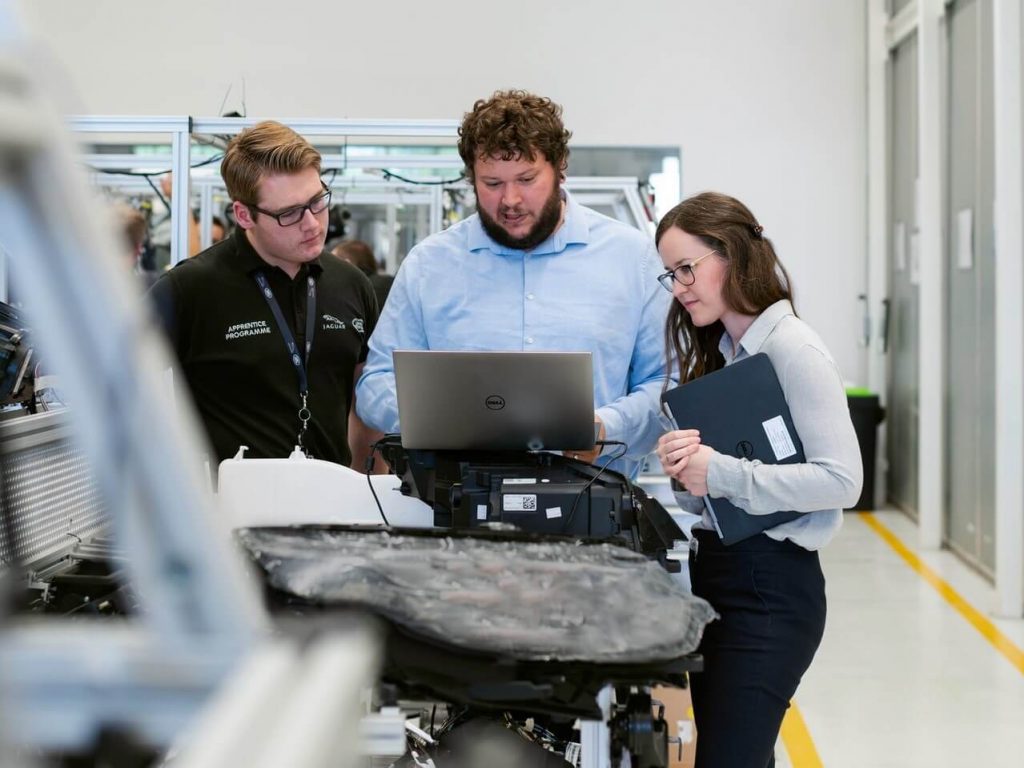Tribal knowledge is information or knowledge that is known within a tribe but often unknown outside of it. A tribe, in this sense, maybe a group or subgroup of people that share such common knowledge. From a corporate perspective, tribal knowledge or know-how is the collective wisdom of the organization. It is the sum of all the knowledge and capabilities of all the people. Tribal knowledge is an example of an intangible asset, and as research has shown intangible assets are increasingly becoming a major source of competitive advantage for organizations and a decisive factor of business success.

How to capture tribal knowledge before it is lost
It might seem like a rather daunting prospect having to extract knowledge from all of your employee’s heads but there are ways that you capture tribal knowledge before it is lost.
Identify knowledge holders
Firstly, take some time to identify the individuals who actually hold “know-how” knowledge. Start with employees who have been part of your organization for the longest. An example of someone who holds tribal knowledge? Think of engineers who’ve been with the organization for 10, 20, 30+ years. They’ve probably worked on products and systems that aren’t even in use anymore or using tools and practices that are no longer taught but might still be useful in emergency or unique circumstances.
Determine what knowledge they hold
Figuring out what your experienced employees know, that most other people don’t know can be a tricky process if you’re approaching it from a reactive perspective (hence the importance of documenting group knowledge as you go). That knowledge is the type of knowledge you need to siphon out of your experienced employees, or even out of your own head for future use. The hidden, discreet lines of code or subtle idiosyncrasies in your systems.
Document the tribal knowledge as you go
Documenting tribal knowledge is both the responsibility of management and of the individual employees. There are different ways you can approach the process, but it’s important that it actually happens above all else. Common techniques include:
- Narrating your thoughts and processes as you carry out the work
- Capture your work by recording it or writing it down
- Use a knowledge capture system like REWO.
